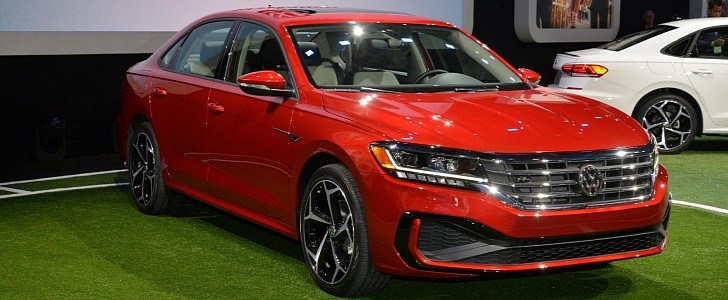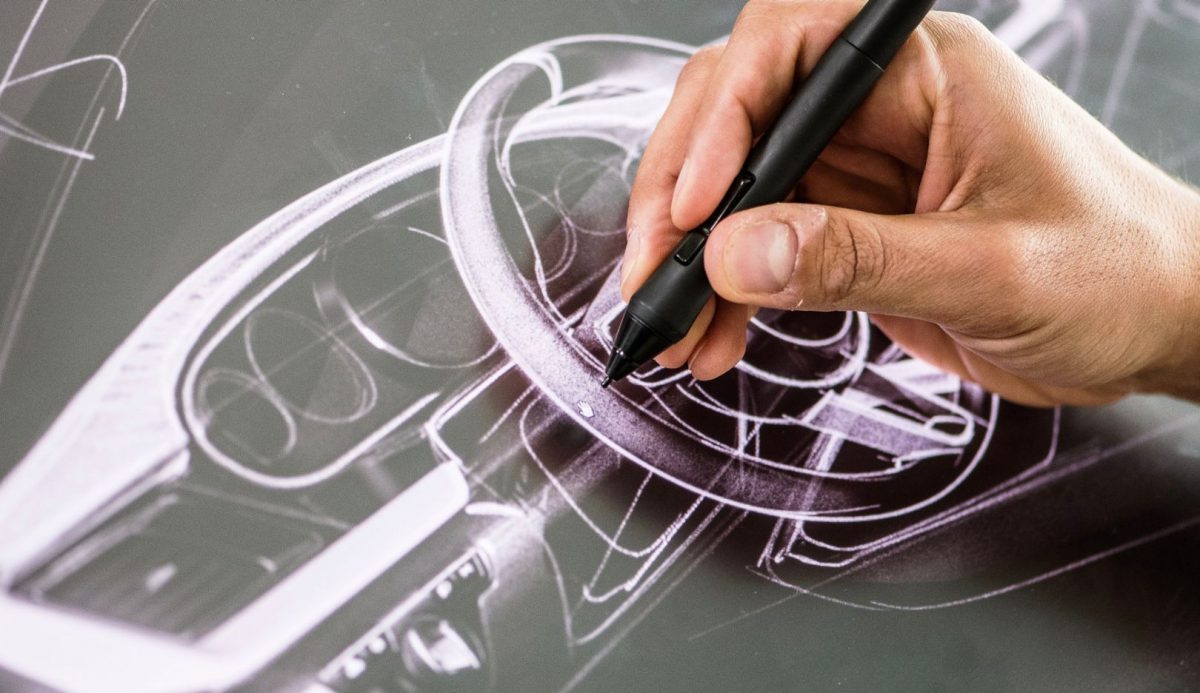American Volkswagen Passat Will Cease Production in 2023, No Replacement Planned
21 Nov 2020, 1:40 UTC ·
by
Mircea Panait
Home > News > Car Profile
Back in 2011, the Passat branched into two very different models. The one developed for North America is one of the worst-selling Volkswagen models in the United States, moving 14,123 units in 2019 as opposed to 17,215 units of the Beetle.
11 photos
There are plenty of reasons why the Passat for the U.S. market is such a huge commercial flop, starting with the unsinpiring looks. What do you think about when you see one in the parking lot? I, for example, can’t escape that little voice in the back of my head that tells me “Volkswagen could’ve done much better by using the European model.”
It may be affordable at $22,995 for the entry-level specification, but the mid-size sedan from Chattanooga plays second fiddle to the Toyota Camry and Honda Accord. Even if you load it up to the brim with options, the interior still feels cheap in comparison to the Japanese rivals that also happen to be made in the United States of America.
Taking an even wider perspective, did you notice how bad the good ol’ sedan is doing in this part of the world? The Camry is the nation’s best-selling sedan, though off 1.9 percent last year. Together with hatchbacks, station wagons, sporty coupes, and convertibles as well, passenger cars are steadily losing ground to SUVs and trucks.
As a result of these consumer-driven trends, “we’ve made a decision to cancel the Passat.” Those words come from head honcho Ralf Brandstatter, and I’m surprised they took so long to understand what a bad product the North American Passat is.
Wards Auto reports that 2023 is the final year for the nameplate in the United States, the year the ID.4 is expected to reach full capacity at the Chattanooga factory. Volkswagen also makes the Atlas and Atlas Cross there, and in preparation for the electric crossover, no fewer than $800 million will be invested in the plant.
If you’re curious why the ID.4 is so important to Volkswagen in the coming years, bear in mind that an entry-level version is planned to enter production in 2022 with a starting price of $35,000 before the $7,500 federal tax credit. Although it’s not the same size as the Tesla Model Y, it’s easy to understand what Volkswagen is trying to do.
On an ending note, the German automaker isn’t prepared to pull the plug on the Passat for good in other parts of the world. Europe, for example, is gearing up for an all-new model in 2023 with an updated version of the MQB vehicle architecture.
As far as the Old Continent is concerned, the Volkswagen Group will transfer production duties to the Skoda subsidiary in the Czech Republic. The reason for this change is pretty simple. Going forward, VW intends to free up German production capacity for the ID. series of electric vehicles.
click to load Disqus comments for this storyThis enables Disqus, Inc. to process some of your data.

